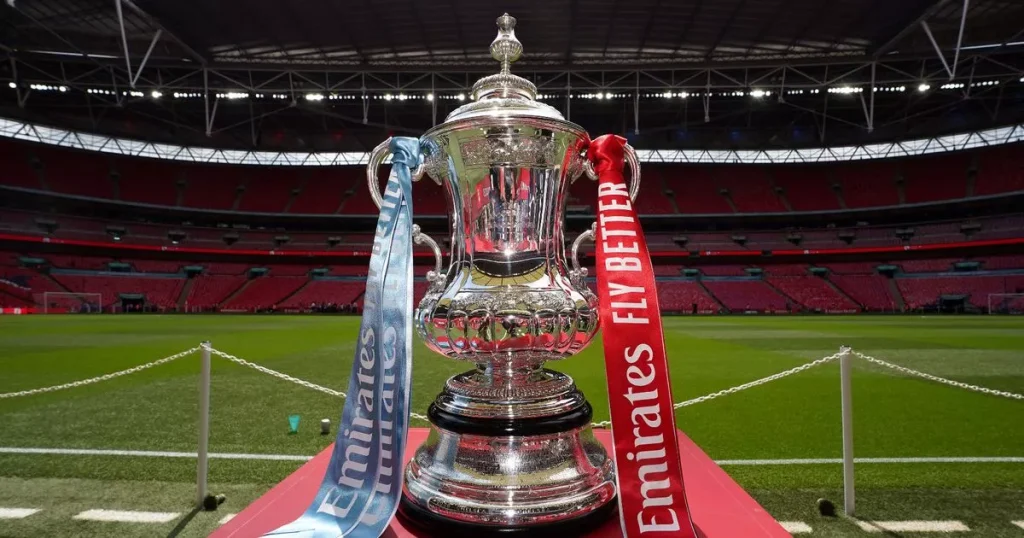The Football Association announced that significant changes would be made to the FA Cup from the 2024/25 season onwards. The most significant of these changes is that replays will no longer be a part of the tournament starting from the first round proper. Initially, it was anticipated that replays would be eliminated from the third round, but now they will be scrapped altogether once the qualifying rounds are completed. The removal of replays is part of a broader effort by the FA and Premier League to enhance the competition. Additionally, all matches will be played on weekends, with the fourth, fifth rounds, and quarter-final stage taking place on exclusive weekends with no Premier League matches. The FA Cup final will now be scheduled on the Saturday of the penultimate weekend of the Premier League season, with no top-flight games on the same day.
As part of the changes to the FA Cup, the mid-season break, which has been a recent feature of the Premier League, will be discontinued. Instead, a longer summer break following the European Championship in Germany will be introduced. These modifications aim to strengthen the FA Cup and provide exclusive weekends for the competition amidst a crowded calendar. The FA chief executive, Mark Bullingham, emphasized the importance of ensuring a strong format for the future of the FA Cup, as it generates a majority of the revenue that is reinvested into football. He highlighted that the new agreement with the Premier League will protect and enhance the magic of the competition while providing a player break before the start of the next season. Additional funding has also been allocated to grassroots football, disability football, and women’s and girls’ game, emphasizing the importance of support from the Premier League to all levels of the game.
The Premier League has committed to increasing its financial support to the football pyramid, including providing an additional £33 million to grassroots football on top of the existing £100 million contributed to various causes each season. Premier League chief executive, Richard Masters, expressed pride in the investment made by the league across all levels of football. The new agreement with the FA aims to enhance support for grassroots football and improve facilities for communities and lower league clubs across the country. Both the FA and the Premier League have collaborated to deliver an improved scheduling structure for the FA Cup, ensuring more exclusive weekends for the competition without compromising the excitement of knockout football. These changes have been implemented to alleviate fixture congestion and enhance the overall experience of the competition.
Major changes to the FA Cup from the 2024/25 season onwards include having all rounds played on weekends, with exclusive fourth, fifth, and quarter-final weekends that do not coincide with Premier League games. The elimination of replays from the first round proper will streamline the competition and reduce fixture congestion. The FA Cup final will now be played on the Saturday of the penultimate weekend of the Premier League season, allowing for increased visibility and focus on the historic tournament. The decision to scrap replays and introduce exclusive weekends aligns with the objective of strengthening the FA Cup and protecting its legacy. The changes will also provide players with a longer summer break following major tournaments, offering them more time to rest and recover before the start of the next season.
In conclusion, the FA Cup will see significant changes in its format and scheduling starting from the 2024/25 season. The removal of replays from the first round proper, exclusive weekend fixtures for later rounds, and the introduction of a longer summer break are among the key modifications announced by the FA and Premier League. These changes are designed to enhance the competition, provide more support to grassroots football, and ensure a better experience for players, clubs, and fans. The collaborative efforts between the FA and the Premier League aim to protect the integrity and magic of the FA Cup while adapting to the evolving landscape of football both domestically and internationally.


